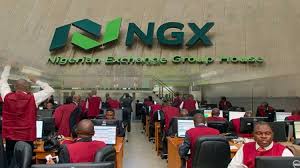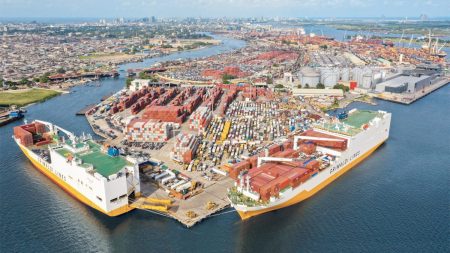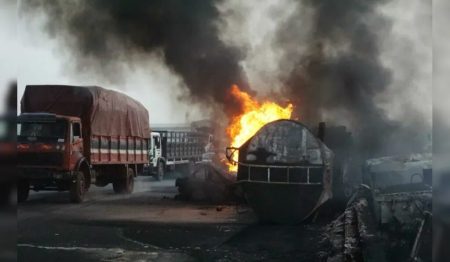 08 December 2014, Sweetcrude, Port Harcourt – In a few months Nigerians would file out to choose their leaders for a new tenure that is to commence on the 29th of May 2015. It should be a normal election, falling into a routine that is inspired by the experiences, mistakes and lessons of 1999, 2003, 2007 and 2011 but from every indication, from the inept handling of the distribution of voters’ card to the threats for disorganising the polity on arguments wound around ethnicity and religion, 2015 portends a threat to Nigeria’s nationhood.
08 December 2014, Sweetcrude, Port Harcourt – In a few months Nigerians would file out to choose their leaders for a new tenure that is to commence on the 29th of May 2015. It should be a normal election, falling into a routine that is inspired by the experiences, mistakes and lessons of 1999, 2003, 2007 and 2011 but from every indication, from the inept handling of the distribution of voters’ card to the threats for disorganising the polity on arguments wound around ethnicity and religion, 2015 portends a threat to Nigeria’s nationhood.
2015 will be unique for another reason; from Kano to Kaura Namoda to Kainji and all the way down to Lagos and Port Harcourt aspirants for political office simply print their faces on banners and posters for the viewing of the public. The message to the public and to their adversaries is that their ethnic and religious connections are sufficient to earn them positions in the public space.
Early in the year a new political party, the All Progressives Congress was formed to offer Nigerians a viable opposition and to possibly take power from the ruling Peoples Democratic Party. It was a brilliant idea and the Nigerian masses were poised to be the direct beneficiaries of this development. The APC has geographic reach as it was formed by political associations that had enjoyed some influence in at least three regional blocs. The Congress for Progressive Change, the All Nigeria Peoples Party and the Action Congress of Nigeria were parties that had registered huge influence in the North East, North West and South West regions of Nigeria.
The party’s vision of communicating with the Nigerian people on every topical issue, exposing the ineptitude or the abuse of office by public officials, offering Nigerians a better perspective for every policy mistakes of the ruling party and its model governance of Lagos State, were very good indications for the Nigerian public.
Sadly as 2015 draws closer even the suave and sophisticated handlers of the APC have given in to desperation. Nigerian newspapers reported that Governor Rotimi Amaechi of Rivers State, an APC chieftain threatened that the APC would form a parallel government if the PDP rigs the 2015 elections. In Nigerian political parlance rigging an election is winning it. In the South South region, ethnic affiliates and supporters of President Jonathan and the PDP are threatening to secede if their man is ‘disgraced’ out of office. No sitting president has lost an election in Nigeria. In the North, the terror group, Boko Haram is avowed to carving out sections of the country to form a kind of Islamic republic that reflects its core values. Apart from this group some political figures in the North openly speak of their impatience to take over what they consider to be their right to govern the country; as far back as 2011, these political elements in the North have spoken openly of distabilising the polity if their political aspirations are not met.
This kind of sabre rattling portends to undermine national unity and democratic growth. Political parties have a duty to moderate the tone of political discourse to a level of tolerance and that is objective. On its part, any ruling party must not view Nigeria’s development from its own spectrum alone. Other parties and indeed independents can be invited to participate in governance for the overriding benefit of the Nigerian state. That way the polity would enjoy stability and rapid development.



